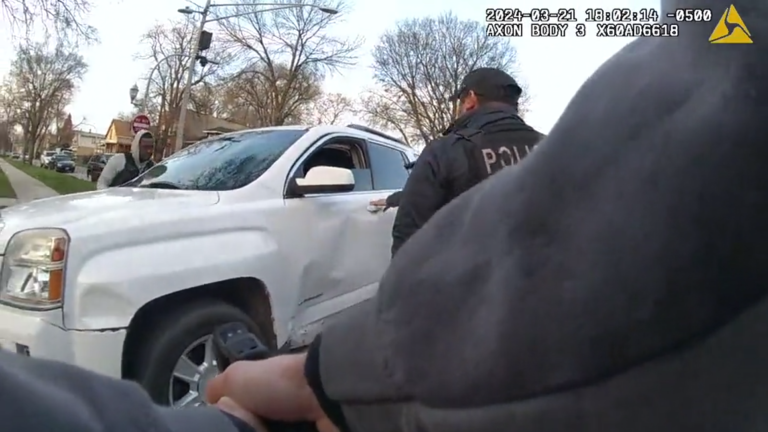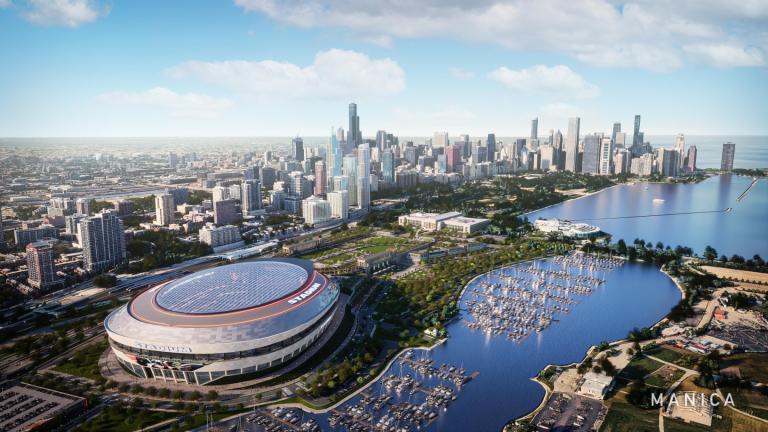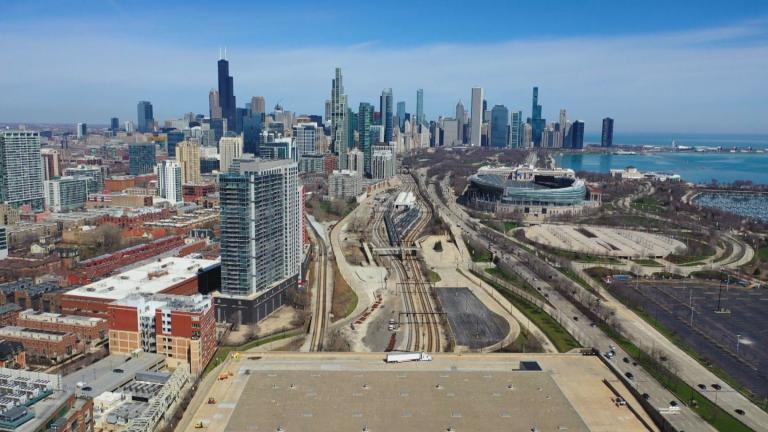All Chicago businesses would be required to pay their workers the same minimum hourly wage, regardless of whether they earn tips, by July 2028, under a measure advanced on a 9-3 vote by a key city panel.
A compromise crafted by Mayor Brandon Johnson and backed by the Illinois Restaurant association will give restaurants five years to prepare for the end of the tipped minimum wage on July 1, 2028, while giving servers and other workers who earn gratuities annual 8% raises starting July 1, 2024.
While that agreement muted objections to the proposal long championed by progressive political organizations, it did not silence the debate over whether Chicago should join Alaska, California, Guam, Minnesota, Montana, Nevada, Oregon, Washington and Washington D.C. in ending the tipped minimum wage.
With the endorsement of the Workforce Development Committee, the measure heads to a final vote by the full City Council on Oct. 4.
Read More: How Brandon Johnson Crafted the Deal to Phase Out Tipped Minimum Wage in Chicago
Alds. Marty Quinn (13th Ward); Derrick Curtis (18th Ward) & Nicholas Sposato (38th Ward) all voted against the measure, telling their colleagues the plan would hurt efforts to attract new restaurants to their wards, which border suburbs where eateries will not have to pay their workers who earn tips the same minimum hourly wage as those who do not get tips.
Sposato, who represents the northwest corner of the city, said the measure would be a “job and business killer.”
Ald. Brendan Reilly, whose 42nd Ward includes many downtown restaurants, reminded his colleagues about the “law of unintended consequences” while Ald. Nicole Lee, whose 11th Ward includes Chinatown, said she was concerned the measure would make it impossible for restaurants still struggling after the COVID-19 pandemic to stay afloat.
However, supporters of the proposal said the City Council must act to protect workers who rely on tips because they are more vulnerable to sexual harassment, wage theft and abuse than other employees.
Ending the tipped minimum wage is “what’s just, and what’s right and what’s needed in this moment in this city,” said Ald. Jessie Fuentes (26th Ward), the lead author of the measure.
Ald. Carlos Ramirez Rosa (35th Ward) blasted some Chicago restaurant owners for telling their employees that they would no longer be eligible to earn tips after the measure takes effect, calling those statement lies and accusing them of “fear mongering.”
Ramirez Rosa, Johnson’s floor leader, said similar warnings were issued in 2019, when the City Council agreed to hike the minimum wage for hundreds of thousands of workers to $15 per hour by July 2021.
“We were told $15 per hour would be the end of the world,” Ramirez Rosa said. “It wasn’t, of course. We will lead on our values.”
Johnson’s mayoral campaign platform called for an end to the tipped minimum wage, noting that those who rely on tips to earn a living wage are more likely to be Black and Latina women. Johnson was endorsed by the Service Employees International Union Healthcare Illinois, which is part of the One Fair Wage campaign.
The restaurant industry is the largest employer of Chicagoans age 16 to 24, and Johnson and his allies believe raising their wages could reduce homelessness and crime throughout the city.
Chicago’s minimum wage for most workers rose to $15.80 per hour on July 1, an increase of 40 cents, to keep pace with inflation.
The minimum hourly wage for employees of large Chicago businesses who earn tips rose by 48 cents on July 1 to $9.48 per hour, officials said. If a worker’s tips are not sufficient to cover the gap between employees’ wages and the city’s minimum wage, employers are required to make up the difference.
Contact Heather Cherone: @HeatherCherone | (773) 569-1863 | [email protected]








